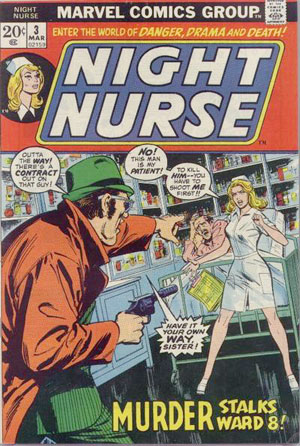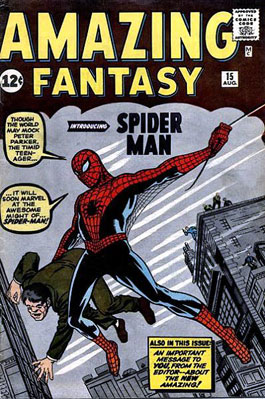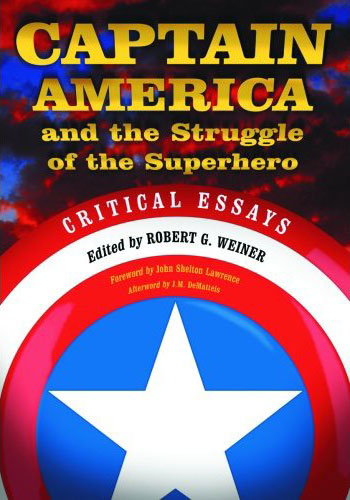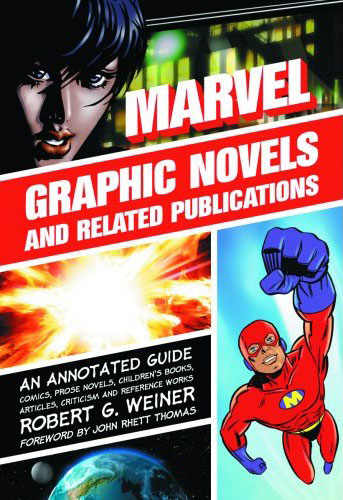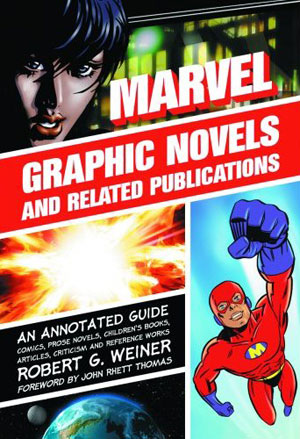Night Nurse and the Struggle to Address Non-Mainstream Culture
Texas Tech associate librarian Rob Weiner is making with the comics scholarship again, this time with a paper in the International Journal of Comic Art about the very short-lived Marvel series “Night Nurse.” Marvel apparently figured it had a typical “girls-only” comic, but writer Jean Thomas (wife of Roy Thomas, longtime comics writer and editor) had other ideas…
In the first issue, Carter actually breaks up with her boyfriend in order to pursue her nursing career. In later issues, she fends off the chief of police and faces down a killer.
“From its cover, Night Nurse looks like it would be a typical nursing comic, but it’s not,” Weiner said. “The stereotype of the submissive nurse isn’t there.”
By the fourth issue, the series had begun fleshing out side characters and tackling deeper plots, Weiner said.
So he finds it telling that the series, written by a woman and starring a strong female character, was cancelled so quickly.
“I think Night Nurse ultimately wasn’t successful because no one knew what to do with it,” Weiner says. “It was really pretty progressive for the time, even though the Women’s Movement was in full swing.”
Of course, the biggest problem comics (and frankly, every other form of mass media out there) have had with covering non-mainstream groups has been that the writers, artists, and publishers have often had no connection at all to the groups they were writing about.
Sure, sometimes, you ended up with a woman writing a comic about a woman, or an African-American writing about other African-Americans — and sometimes you get white writers who just do an astoundingly good job of writing non-white characters.
But for a lot of comics like “Night Nurse,” there was a mandate from the higher-ups for “Let’s have comics about women!” And then, when the comics about women didn’t sell as well as established characters like Spider-Man and the Fantastic Four, the higher-ups decided “Let’s have no more comics about women!” And that was that.
Again, this is the sort of thing that almost all mass media has problems with — there are plenty of TV shows out there where all the lead characters are as pale as they can be, and there are apparently a lot of Hollywood execs who’ve decided they never want to make an action movie with a female lead (which is gonna make filming a Wonder Woman movie a bit difficult). Still, it often seems like when comics misstep on issues of race, gender, and class, they misstep as embarrassingly as they can.
Night Nurse still exists as a Marvel character — she’s now an occasional associate of Dr. Strange and often shows up as a guest star whenever a superhero needs medical treatment. But there’s something very cool about a ’70s comic focused on drama and adventure that featured non-superpowered women as the main characters.
So I’m glad that Jean Thomas was given the chance to produce those four little issues of “Night Nurse,” and I’m glad Rob was able to use his paper to throw a little light on the series. Kudos for him, and as always, I’m looking forward to seeing what he’ll have for us next…
Comments off

